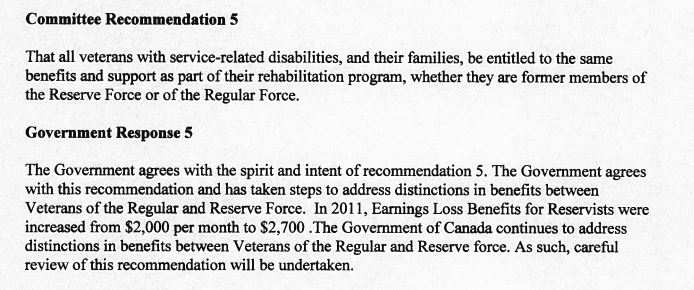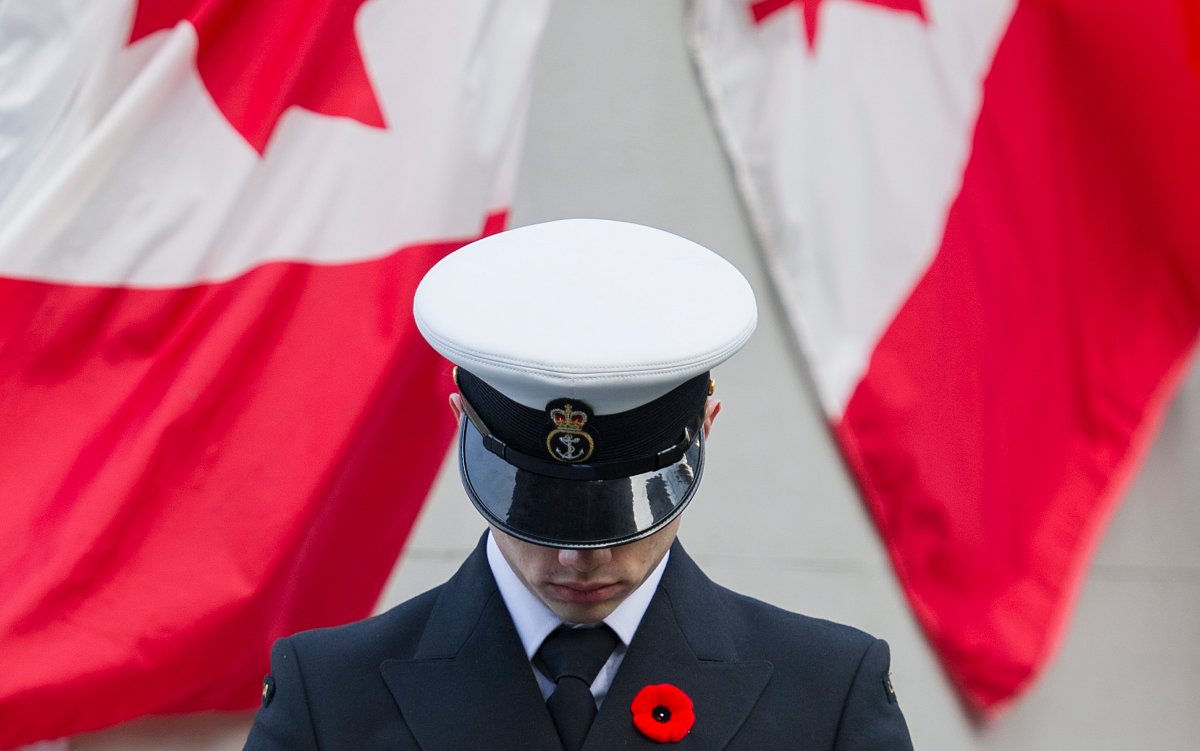He knew something was wrong when he returned from Afghanistan in late 2006.

But it wasn’t until a Christmas parade a few months later, when Archer and his comrades were handed weapons to carry, that something snapped.
“I just went into panic attack. I ran away from the armoury,” he said.
INVESTIGATION: Canadian soldiers Invisible Wounds
He was diagnosed with severe post-traumatic stress disorder. His superiors told him to return to his civilian job in Calgary.
And for years, that was it.
“I managed to hang on for four years before I had a complete breakdown. I became suicidal. I just couldn’t handle anything anymore.”
It was then, as he came close to trying to kill himself, that Archer finally got help from Veterans Affairs after being referred to the operational stress injury clinic. He was discharged and, eventually, got treatment – five years after he’d originally been diagnosed.
But he claims he’s still owed years of pay from the military, and has had to fight for every level of disability benefit he’s gotten. He’s also still fighting for compensation for injuries he suffered in an accident in Afghanistan that he’s being forced to prove actually happened.
“My home unit kept saying, ‘We don’t owe you anything.’ … They’re denying any responsibility,” he said.
(Archer isn’t his real name: He was so fearful of compromising his painstaking fight for compensation by identifying himself that he insisted on a pseudonym when he spoke with Global News)
Reservists and regular force members of Canada’s military braved injury and death side by side in Afghanistan.
But if they faced identical risks abroad, they were welcomed home very differently: Reservists are still entitled to far less, when it comes to disability benefits, than their regular force comrades.
WATCH: Opposition MPs wonder why all fallen reservists don’t get the same treatment as Cpl. Nathan Cirillo
In the wake of a Global News story highlighting how much less the life of a reservist is worth to Ottawa compared to that of a regular forces member, Veterans Affairs Minister Julian Fantino vowed to eliminate that discrepancy.
READ MORE: Ottawa to change reservist death benefits following Global News story
But Fantino has no plans to act immediately when it comes to reservists’ disability benefits.
“Our Government is currently working on fixing the discrepancy between reservists and regular service members who are killed in the line of duty, and also agreed with the spirit of the findings regarding the difference between disability benefits for Reservist and Regular Force Members of the CAF in our recent response to the recommendations in the report by the Standing Committee on Veterans Affairs (ACVA) on the New Veterans Charter,” a spokesperson for Fantino said in an email.
- What is a halal mortgage? How interest-free home financing works in Canada
- Capital gains changes are ‘really fair,’ Freeland says, as doctors cry foul
- Ontario doctors offer solutions to help address shortage of family physicians
- Budget 2024 failed to spark ‘political reboot’ for Liberals, polling suggests
“To date, we have already implemented some of the recommendations as part of a phased approach, and we are currently reviewing some of the other recommendations to ensure that our men and women in uniform receive the benefits and services they need and deserve.”
The recommendation to fix the decades-long inequity between reservists and regular force members of the military is among the recommendations Fantino is still “reviewing.”

There’s no time frame as to how long that review will take or what will happen when it’s finished.
READ MORE: Veterans’ families get counselling; better disability payments on hold
In an interview with Global News earlier this month, Armed Forces Ombudsman Gary Walbourne said he’s raised this issue multiple times in the past.
“A soldier’s a soldier,” he said.
“I don’t understand why … when a soldier is injured or killed, why there should be any discrepancy. It really doesn’t make any sense to me.”
A report from 2008 referred to the inequity of reservist benefits as a “decades-long” inequity that badly needs addressing – perhaps more now than ever, as reservists return from Afghanistan with serious, often life-changing wounds.
Archer, who spent 18 years in the Canadian Forces, spent much of that time as a recruiter, he said.
“Now I tell them, ‘Stay as far away as you can, ’cause if you get hurt, you’re screwed.'”
He says he knows other young men in a similar position – some of whom were badly injured and discharged with a lump sum they spent within a year, leaving them with nothing.
“There’s thousands of reservists like me sitting out there on their own trying to fight the system, and the system’s laughing at you because you’ve got no help,” Peter said.
“I could have a clone who was regular force, we started on the same day, went through everything the same, and he’d be making $1,000 to $1,500 more a month.
“I went to war, the same as you. I got injured, the same as you. Why are you getting paid more?”




Comments